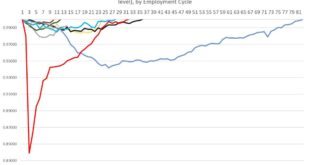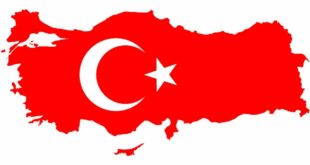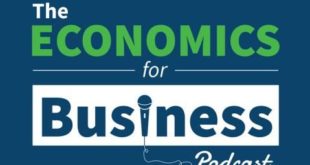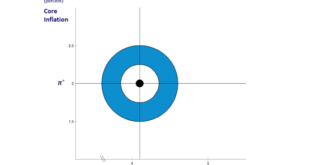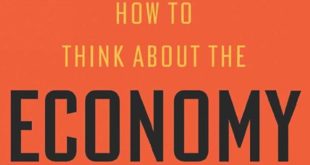According to the establishment survey of employment, released last week by the Bureau of Labor Statistics, total employment increased, month-over-month by 263,000 jobs. The “job market stays strong” reads one CNBC headline, and the new jobs print was hailed as a great achievement of the Biden Administration by MSNBC pundit Steve Benen. Yet, the employment data is possibly the only data that looks good right now, and that’s not much comfort since employment is a...
Read More »College as an Economic and Social Problem: Dealing with the Culture
Jeff Deist recently posed the question “Is College Worth It?” My first thought when I opened the article was that he could have reduced the entire piece to a single word: “no.” This cynicism might seem odd coming from somebody who is nearing the end of a PhD program in history, which takes an average of eight years to complete, not including the years spent acquiring a BA and, for many students, an MA before even starting on the doctorate. But this experience has...
Read More »The Turkish Way
The Wall Street Journal reported on September 22 that Turkey’s central bank cut that country’s benchmark interest rate to 12 percent from 13 percent, pushing the Turkish lira lower as much as 0.4 percent against the dollar to a new record low after the decision. One US dollar recently bought 18.3866 lira. The bank of Prime Minister Recep Tyyip Erdoğan made its move the week following Drs. Hans and Gülçin Hoppe’s sixteenth annual Property and Freedom Society salon in...
Read More »Allen Mendenhall: Putting Humanness and Ethics Back Into Business Economics
We are living through a particularly bad moment in history for free markets and capitalism. Government, not business, is promoted as the solution to all problems. Young people have never known any other environment, and one of the consequences is the skepticism about capitalism that they learn in school, college, and university. One solution to this problem lies in better business education — shaping how young minds think about business by shedding light on the...
Read More »Inflation, High Inflation, Hyperinflation
The word “inflation” is heard and read everywhere these days. However, since different people sometimes have very different understandings of inflation, here is a definition: Inflation is the sustained rise in the prices of goods across the board. This definition conveys that inflation means that the increase in prices of goods is not just a one-off but permanently; and that not just some goods prices go up, but all. How does inflation arise? The economists have two...
Read More »The Fed’s Real Mandate
The Federal Reserve has a legal dual mandate to minimize unemployment and price inflation. The current “dual” between the two mandates is to reduce price inflation by increasing interest rates to increase unemployment and kill businesses to choke off aggregate demand. This has been the most important economic and investment issue this year and this dual minimization procedure has dominated Fed policy for at least three-quarters of a century. This is odd given that...
Read More »It’s All about the Benjamins: Why the Dollar Determines US Policies
Sorry, I've looked everywhere but I can't find the page you're looking for. If you follow the link from another website, I may have removed or renamed the page some time ago. You may want to try searching for the page: Search Searching for the terms %3Futm+source%3Drss%26utm+medium%3Drss%26utm+campaign%3Dpaige+all+about+benjamins+why+dollar+determines+policies ...
Read More »The Economy Is a Process Not a Factory
[Chapter 4 of Per Bylund’s new book How to Think about the Economy: A Primer.] To help us understand what is going on in the economy, what is important is not the types and number of goods that sit on store shelves. It is why and how they got there. To answer this question is not simply a matter of pointing out that they arrived by truck last week, because that only tells us about how they were transported to the store. This doesn’t tell us anything about all the...
Read More »How to Do Economics
[Chapter 3 of Per Bylund’s new book How to Think about the Economy: A Primer.] Economics is often faulted for being “ideological”—for promoting free markets. This is a misunderstanding. The free market in economics is a model—an analytical tool. It excludes complicating circumstances and influences and allows us to study core economic phenomena on their own so that they are not mistaken for other effects. In economics, we are interested in understanding the nature...
Read More »The Fraudulent Social Contract of Bad Money Regimes
Sorry, I've looked everywhere but I can't find the page you're looking for. If you follow the link from another website, I may have removed or renamed the page some time ago. You may want to try searching for the page: Search Searching for the terms %3Futm+source%3Drss%26utm+medium%3Drss%26utm+campaign%3Dbrown+fraudulent+social+contract+money+regimes ...
Read More » Swiss Economicblogs.org
Swiss Economicblogs.org

